
A strength-based, person-centered approach to supporting others in recovery, and those struggling with addiction and mental health.
Peer Recovery Support may be provided in group or individual settings, in-person or through telephone and video sessions (tele-recovery support).
Peer recovery support is the process of giving and receiving nonprofessional, nonclinical assistance to achieve long-term recovery from alcohol or other drug problems and/or mental health issues. Peer support is provided by other people in recovery from addiction or co-occuring disorders, assisting others in initiating recovery, maintaining recovery, and enhancing the quality of personal and family life in long-term recovery.
Peer recovery support has grown as a profession over the years, and is offered in a variety of settings, including treatment centers, recovery community centers (RCCs), high schools, colleges and universities, jails and other institutions, hospitals and primary care clinics, among others.
Foundation for Recovery works with many organizations to incorporate peer recovery support specialists in their organization. Examples include our partnership with Dignity Health, where a peer recovery mobile team responds to calls from the emergency department to help patients who’ve recently experienced an overdose or present with symptoms of substance use disorder (addiction).
Learn more about partnering with us and how to incorporate peer recovery support specialists in your organization or community.
When we think about addiction and mental health challenges, we typically focus on the illness or pathology of a diagnosis, looking to treatment and acute care as a remedy of the illness.
While treatment and acute clinical care are important components on the continuum of care, maintenance of one’s recovery might also be most effective when other natural community supports in various dimensions of health and wellness are combined with clinical interventions.
What are these dimensions?

Intellectual, physical, occupational, spiritual, social, emotional, financial, are all examples of wellness dimensions and are often strengthened through various recovery support services.
Peer Recovery Support is an example of a recovery support service.
Peers Recovery Support Specialists are individuals with lived experience, meaning they are in recovery from substance use, problem gambling, mental health, and/or other co-occurring challenges.
Peer Recovery Support Specialists use their recovery experience, along with skills learned from specialized training, to provide guidance and hope to individuals working through their own recovery.
A peer recovery support specialist usually works with individuals (their peers) to identify goals, needs, and barriers to their recovery.
The role of the Peer Recovery Support specialist includes:
A Peer Support Specialist is NOT:
Rather, their role is more aligned with that of a life-coach, educator, and mentor.
In other areas of the country, Peer Recovery Support Specialists are sometime referred to as Recovery Coaches, but the terms are interchangeable.
In Nevada and most other states, peer recovery support specialists may also sit for a state examination and go through necessary steps to obtain state certification, becoming a Certified Peer Recovery Support Specialist.
(Kurtz 1990; Nelson, Ochocka, Janzen, & Trainor, 2006; Ochoka et al., 2006; Trainor, Shepherd, Boydell, Leff, & Crawford, 1997; Yanos, Primavera, & Knight, 2001)
(Chinman, Weingarten, Stayner, & Davidson, 2001; Davidson, et al., 2012; Forchuk, Martin, Chan, & Jenson, 2005; Min, Whitecraft, Rothbard, Salzer, 2007)
(Davidson, et al., 2006; Ratzlaff, McDiarmid, Marty, & Rapp, 2006)
(Davidson, et al., 2012)
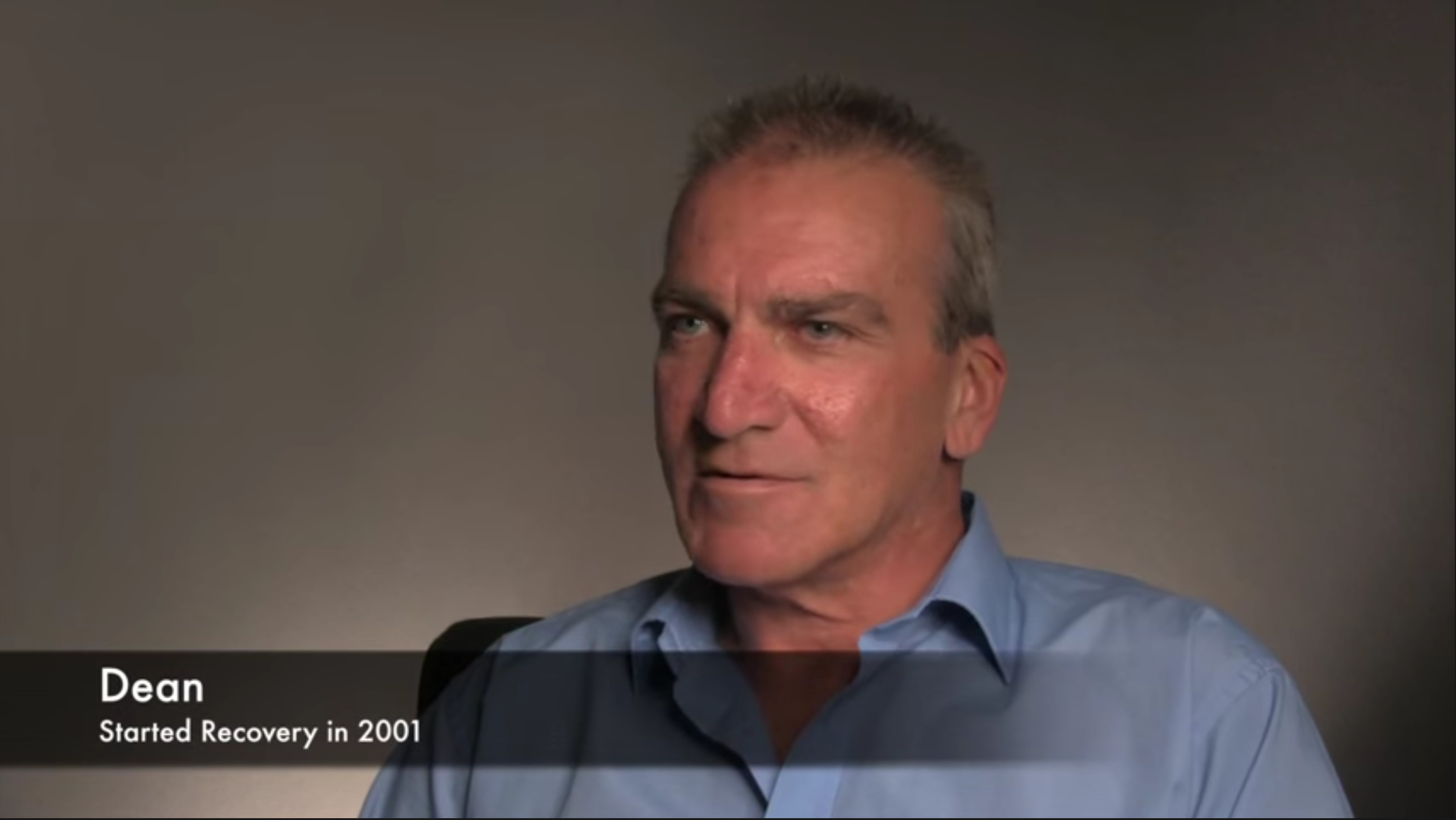
Hear firsthand experiences from participants at Foundation for Recovery and learn more about our peer support program.
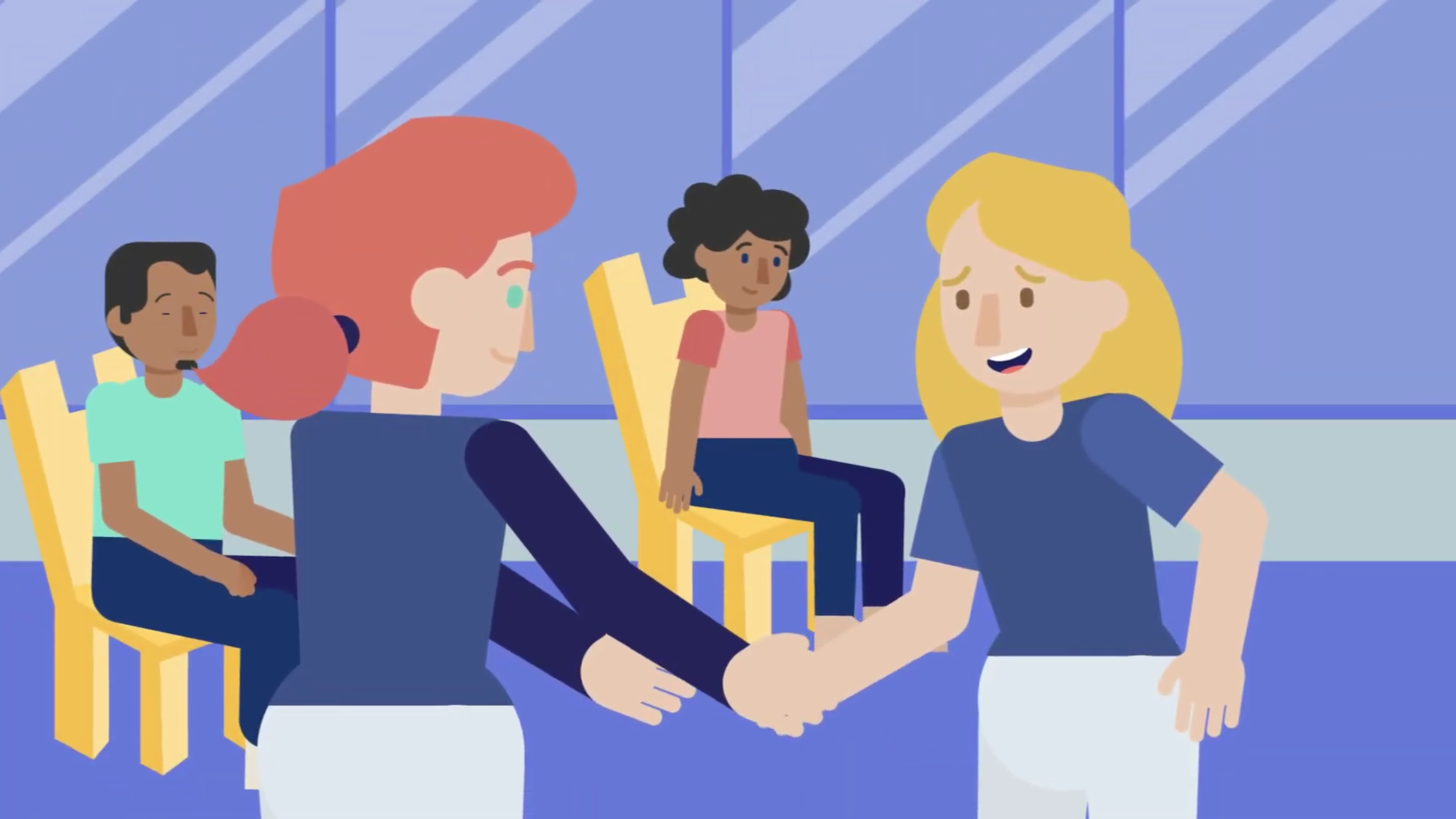
A short explainer video from PsychHub. This video does gives a broad overview of how peer support helps people new in recovery and integrates with clinical care.
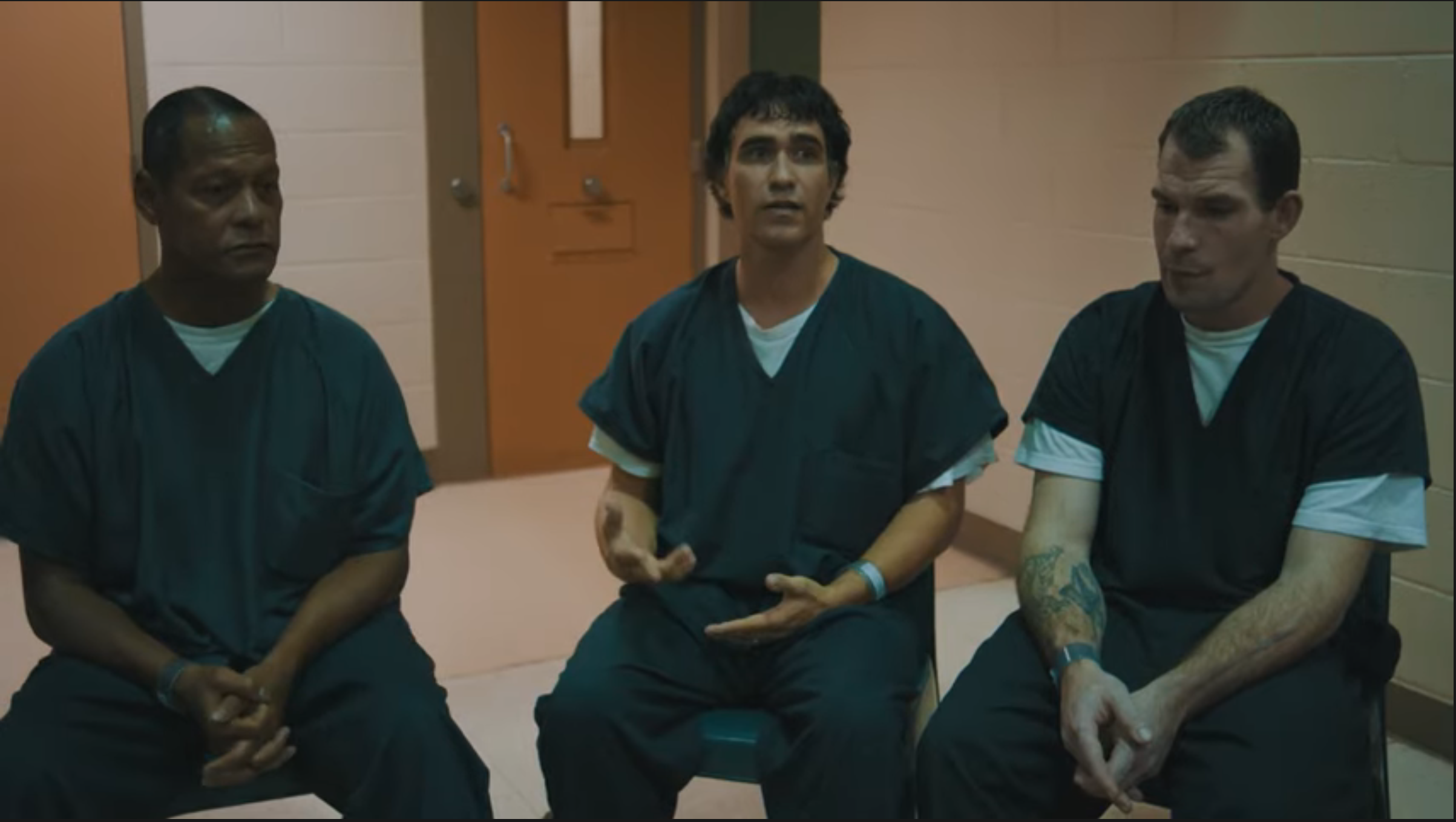
In this short episode, our friends at the McShin Foundation explain more about the value of peer recovery support and how they their recovery community organization partners with the local jail.
Join the growing workforce of Peer Recovery Support Specialists in Nevada. Foundation for Recovery is one of two approved training institutions in the Nevada, providing the required 46-hour Peer Recovery Support Specialist training in person and online. Search and register for upcoming PRSS Trainings on Connect for Recovery.
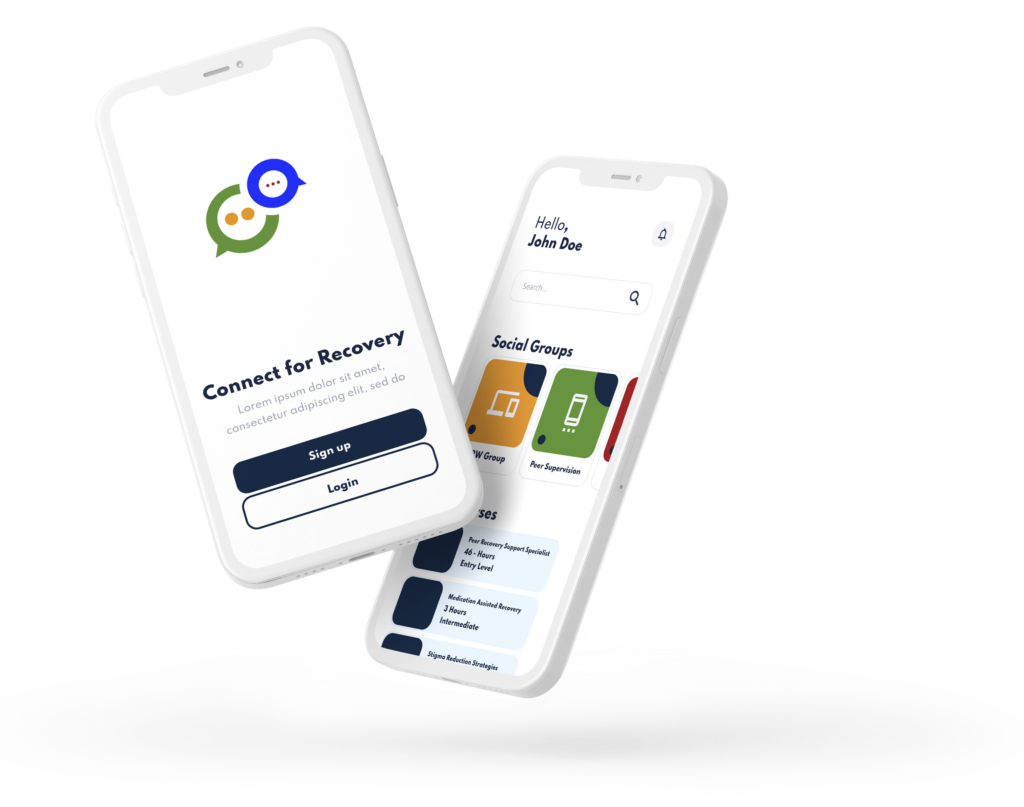
Not yet. You’ll need to then meet several requirements before you can sit for the state exam and apply for state certification.
Congratulations! You’ve joined a growing workforce of Peer Recovery Support Specialists in Nevada and the Nation.
You can now work in most organizations as a Certified Peer Recovery Support Specialist (CPRSS). You’ll need to maintain your state certification by obtaining continuing education credits. You can find online, self-paced, and live trainings on Connect for Recovery, Nevada’s social platform for people in recovery.
As a charitable nonprofit powered by local communities of recovery, Foundation for Recovery provides the 46-hour peer recovery support specialist training at no cost to attendees.
Peer Recovery Support is also provided cost free. We never want ability to pay for supportive services to be a barrier to someone seeking assistance.
There is a fee, collected by the Nevada Certification Board, for obtaining state certification.
1) Lived Experience: A certified peer recovery and support specialist shall be in recovery for at least two years prior to certification. Recovery is characterized by continual growth and improvement in one’s health and wellness that may involve setbacks. Because setbacks are a natural part of life, resilience becomes a key component of recovery.
2) Peer Recovery and Support Work Experience: 500 hours of volunteer or paid work experience specific to the domains below.
3) Education and Training: A high school diploma or jurisdictionally certified high school equivalency is required.
4) Non-Clinical Supervision: 25 hours of supervision specific to the domains is required. Supervision must be provided by an organization’s documented and qualified supervisory staff per job description. The NCB PR Certification Board must approve all supervisors.
5) Examination: All applicants are required to pass the IC&RC Peer Recovery Examination.* IC&RC has developed a Candidate Guide for professionals preparing for the Peer Recovery Examination.
6) Code of Ethics: The applicant must agree to adhere to the Nevada Certification Board’s peer recovery specific code of ethics.
7) Cost of Certification (Inclusive of the IC&RC examination):
8) Re-certification: 20 hours of continuing education earned every two years, including six hours in ethics.
As Nevada’s statewide Recovery Community Organization, we offer the 46-hour peer recovery support specialist training and will prepare you for state certification.
We offer the training both online in a blended format, meaning part of the training is delivered live with an instructor over video conferencing software like Zoom, and the other part of the training is delivered in an online classroom through Connect for Recovery.
We also host several in-person trainings throughout the year.
Upon completion of the training, you will be issued a certificate and can begin volunteering or working as a Peer Recovery Support Specialist to obtain hours towards your state certification. Completing the training alone does not mean you are a certified peer recovery support specialist.
We offer plenty of volunteer and internship options for you to obtain your 500 practice hours after you’ve completed the 46-hour peer recovery support specialist training.
Foundation for Recovery offers plenty of volunteer and internship options for you to work towards your 500 hours of experience required to obtain state certification. Contact us at info@forrecovery.org to learn more.
Submit a request for peer recovery support and we’ll match you with your recovery support specialist and schedule your first session.
Please contact our Peer Recovery Support Warmline at 1-800-509-7762 if you need immediate assistance.
Use the chat icon in the lower right-hand side of this page to chat directly with a peer recovery support specialist right now.
The Foundation for Recovery is a tax-exempt charitable organization under the Internal Revenue Code Section 501 (c) 3, Tax ID No. 203380211. Your donation may be tax-deductible (pursuant to NRS 598).
© 2020 Foundation For Recovery, Inc. All rights reserved. Foundation For Recovery, FFR, the Foundation For Recovery logo, and certain other marks are owned by Foundation For Recovery, Inc.
Recovery Friendly Workplace Ambassador
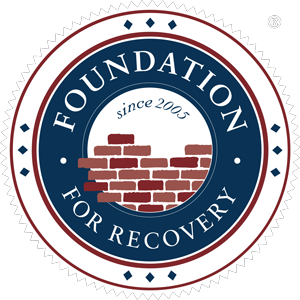
The Southern Nevada Recovery Community Center offers several spaces open to the groups and organizations to rent for meetings, support groups, trainings, and events. Learn more or contact therooms@forrecovery.org for more information.
Person-centered recovery is directed, as much as possible by the person – including decisions about who should be included in the process. The planning identifies just a few small, but meaningful, short-term changes that the individual can focus on helping to reduce some of the barriers or challenges moving forward. Person centered care should be central to all recovery frameworks.